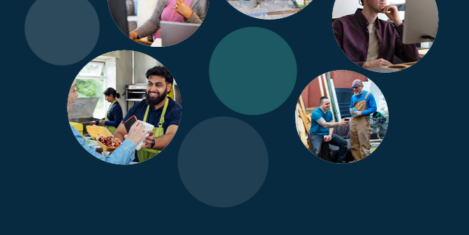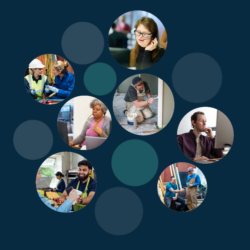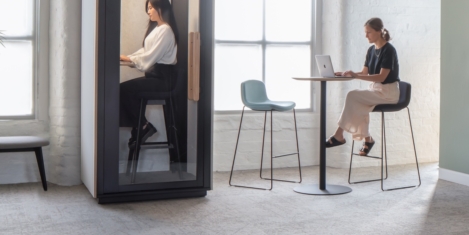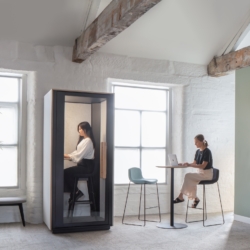March 31, 2025
Important eye care habits professionals should practice in 2025 and beyond
 With the new year in full swing, you may be working hard to stick to your resolutions and goals, whether it’s exercising more, eating healthy, saving money, and much more. For your professional life, you may be prioritising working towards a promotion you’re aiming for, getting more organised and productive, or quickly hitting your targets and quotas. However, whether it comes to your wellness or work, you may be neglecting an important aspect of both: eye care. Maintaining eye health is essential for work and everyday life, but many people lack the right habits. (more…)
With the new year in full swing, you may be working hard to stick to your resolutions and goals, whether it’s exercising more, eating healthy, saving money, and much more. For your professional life, you may be prioritising working towards a promotion you’re aiming for, getting more organised and productive, or quickly hitting your targets and quotas. However, whether it comes to your wellness or work, you may be neglecting an important aspect of both: eye care. Maintaining eye health is essential for work and everyday life, but many people lack the right habits. (more…)


































March 5, 2025
Employment law five years after COVID: what’s changed?
by Nkolika Ohaegbu • Comment, Workplace